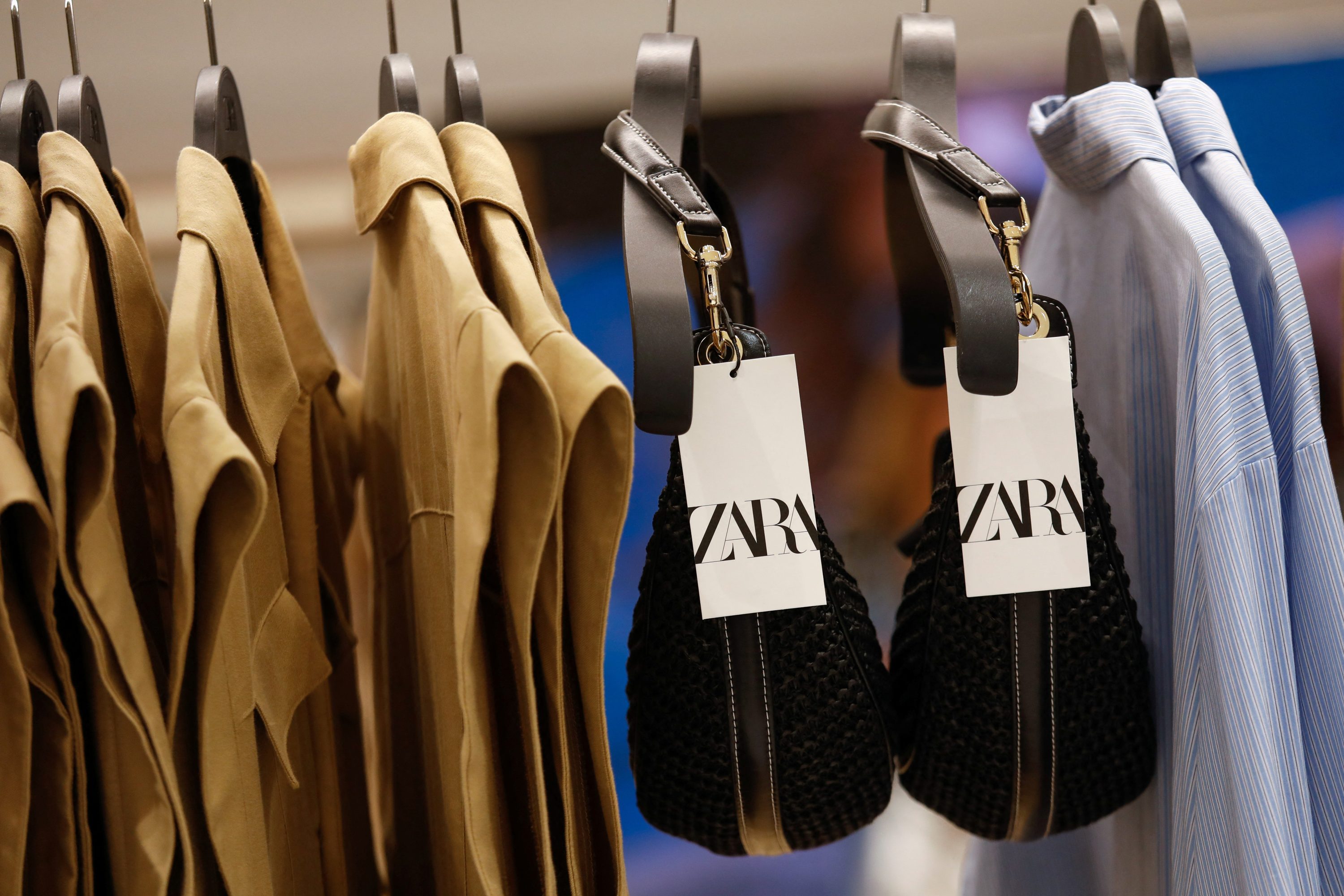Though Slightly Down From Last Quarter, Zara’s Parent Company Shows Steady Growth Amid Inflation Concerns for the First Quarter of 2024
Despite the inflationary pressures influencing consumer behavior, customers have continued patronizing high street brand Zara. Its parent company, Inditex, has maintained a consistent growth rate, although sales progression moderated in the three months leading to April 30.
Inditex, a Spanish fast fashion giant, recorded a 10.6 percent rise in sales during the fiscal first quarter of 2024 at a constant currency, with total revenues amounting to 8.2 billion euros. However, this growth is slightly slower when compared with last year’s first-quarter growth of 15 percent and the full-year increase of 18 percent.

According to RBC analyst Richard Chamberlain, the slightly softer than anticipated gross margin is likely due to the gradual price increase strategy employed by the company. Despite this, he praised Inditex’s differentiated business model, noting that it “has helped it to deliver strong outperformance during and after the pandemic”. Chamberlain anticipates a return to normality following consistently strong trends in 2023.
Inditex’s continued double-digit sales growth has established its strength in comparison with H&M, a rival company whose sales have remained flat for a few consecutive quarters. Furthermore, Zara has remained resilient to the competitiveness of ultra-fast fashion brands like Shein and Temu and continues to present itself as a fashion front-runner.
Zara’s expansion includes live-streaming in the Chinese market, as well as plans to extend this function to the UK and US markets. Live streaming via the social media platform Douyin has been instrumental in retaining customer engagement and Inditex CEO, Óscar García Maceiras, plans to make the live-streaming shows available on their platforms.

In response to supply chain turbulence due to shipping issues, Maceiras stated that inventory management was a key aspect of their business execution approach. Achievements during the quarter include a 3 percent reduction in inventory as part of a strategy to minimize excess stock.
Inditex’s expansion strategy has included store openings in 23 markets, with flagship stores for Zara Home among them. By the end of the first quarter, Inditex operated a total of 5,698 stores. Plans for further expansion include an increase in retail space by 5 percent over the next two years.
Signature brand Zara has now strengthened its position as a fashion brand, distancing itself from the common low-cost image of fast fashion retailers. Enhanced customer experiences have been achieved through store upgrades, with a focus on aesthetic improvements reflecting the brand’s value.

New store openings include a Zara Home flagship store in Paris, featuring limited-edition capsule collections and a café managed by local coffee company, Dose. Stores in Athens, Greece, and Tashkent, Uzbekistan, were also opened, alongside a relocation and revamp of a store in Chicago.
Entering the second quarter of 2024, sales at a constant currency were up by 12 percent YoY, as noted by Inditex. However, Maceiras declined to discuss the impact of currency on sourcing from locations like Turkey. In March 2024, Inditex announced resolute plans to invest in logistics, with projected spending standing at 900 million euros per year for the next two years.
The investment is intended to enhance customer experiences and integrate online sales with physical stores. However, shedding light on the share of online versus physical store sales remains a challenge due to this integration, Maceiras remarked. The fiscal quarter ended with a 7.3 percent increase in gross profit at 4.9 billion euros, and net income saw a rise of 10.8 percent to 1.3 billion euros.
